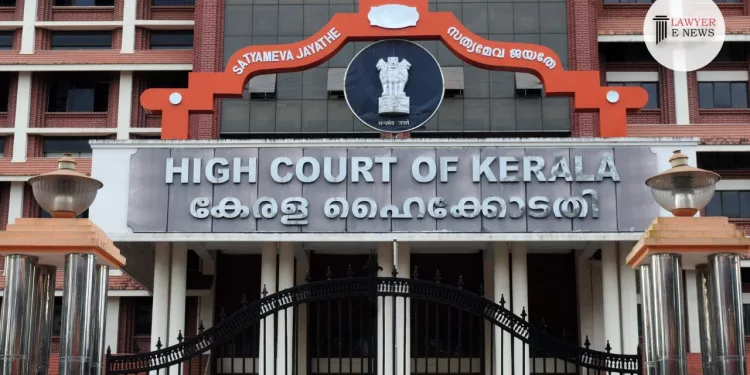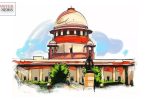Affidavit Requirement for Victim’s Statement Unwarranted, Affirms Kerala High Court: Accused’s Right to Certified Copies Upheld

High Court quashes Special Court order demanding affidavit, emphasizes statutory rights under Cr.P.C. and POCSO Act, and reaffirms legal practitioners’ professional autonomy.
In a landmark ruling, the Kerala High Court has quashed an order by the Fast Track Special Court (POCSO), Thrissur, which directed the petitioner to file an affidavit ensuring the non-misuse of a victim’s statement recorded under Section 164 of the Cr.P.C. The judgment, delivered by Justice K. Babu on May 27, 2024, emphasizes the accused’s statutory rights under Section 207 Cr.P.C. and the provisions of the POCSO Act, while also reinforcing the professional autonomy of legal practitioners.
Court Observations and Views:
Right to Access Documents:
Justice K. Babu articulated that the petitioner, Chandra Mouli, has an unequivocal right under Section 207 of the Cr.P.C. to access relevant documents, including statements recorded under Section 164 Cr.P.C., without the imposition of additional conditions. “The provisions of the Cr.P.C. and the POCSO Act provide comprehensive safeguards, ensuring that the interests of the victim are protected without infringing on the accused’s rights,” the judgment stated. The court held that the requirement for an affidavit was an undue burden not supported by statutory mandates.
Protection of Legal Practitioners’ Rights:
The judgment emphasized that imposing conditions on lawyers without any concrete basis interferes with their constitutional right to practice their profession, protected under Article 19(1)(g) of the Constitution and governed by the Advocates’ Act. “A lawyer is expected to discharge their duties legally and ethically as an officer of the court. Unfounded apprehensions should not lead to imposing unwarranted conditions on legal professionals,” observed Justice K. Babu.
Adequacy of Existing Legal Provisions:
The court noted that various statutory provisions, including Section 228-A IPC, Sections 23 and 33(7) of the POCSO Act, and relevant sections of the Information Technology Act, 2000, along with Supreme Court directives in Sakshi v. Union of India and Nipun Saxena v. Union of India, already provide adequate protection against the misuse of victims’ statements and identity disclosure. “These provisions ensure that the identity and privacy of the victim are safeguarded throughout the judicial process,” the judgment highlighted.
Justice K. Babu stated, “The imposition of an affidavit requirement was unwarranted as a misuse of the statement is adequately addressed by existing statutory provisions and Supreme Court directives. Legal professionals should not be subjected to additional, unfounded constraints in the performance of their duties.”
Conclusion: The Kerala High Court’s ruling affirms the statutory rights of the accused and the professional autonomy of legal practitioners, reinforcing the existing legal framework that protects the interests of victims of sexual offences. By quashing the special court’s order, the judgment reasserts the judiciary’s commitment to balancing the rights of all parties involved in the judicial process. This decision is expected to have significant implications for future cases, ensuring that statutory rights are upheld without unnecessary judicial overreach.
Date of Decision: May 27, 2024
Chandra Mouli v. State of Kerala




